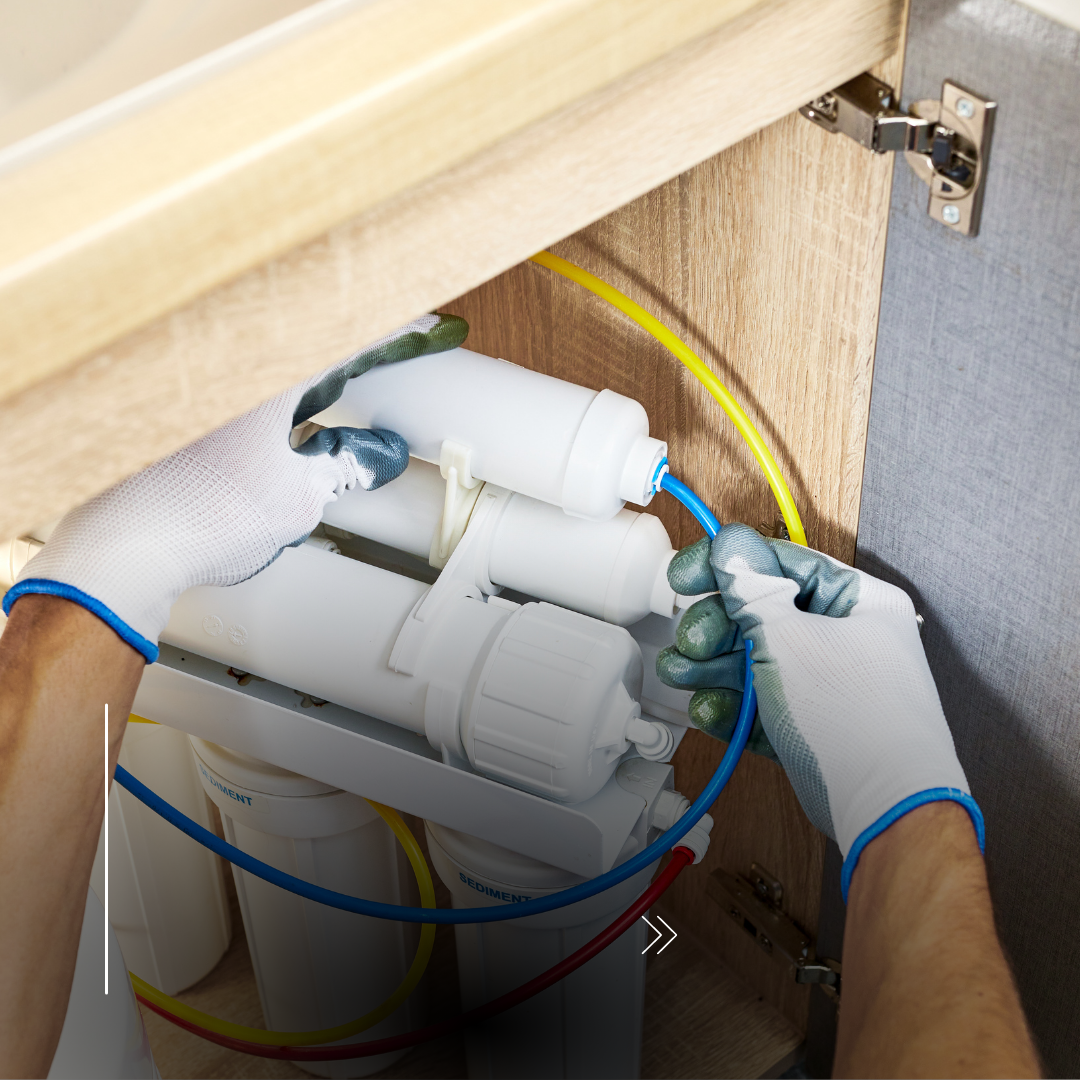The Clear Choice: Why a Water Filter is an Essential Addition to Every Home

What we’ll cover
Today, I’d like to discuss a topic that’s often overlooked but incredibly important: the water quality we consume daily. In particular, I want to delve into why every household should consider investing in a water filter and why we should be cautious about relying solely on municipal water supply.
Why is Water Quality Crucial for Health?
Firstly, let’s establish the importance of water for our health. Water is about 60% of the human body, vital in numerous biological functions, including nutrient transport, waste elimination, temperature regulation, and more. The quality of the water we drink directly affects these processes and our overall health. Contaminants in water, such as bacteria, viruses, heavy metals, and chemicals, can lead to various health issues. These include gastrointestinal illnesses, reproductive problems, neurological disorders, and even some types of cancer. Moreover, toxins in water can disrupt the body’s endocrine system, potentially causing hormone imbalances.
The Unseen Dangers in Municipal Water
Many people trust tap water implicitly, thinking it is automatically safe because it comes from a municipal source. However, this is not always the case. It can be contaminated with various pollutants, including chlorine, fluoride, lead, and arsenic. These pollutants can have many negative health effects, including:
- Cancer
- Heart disease
- Kidney disease
- Reproductive problems
- Neurological disorders
- Immune system problems
In addition to the pollutants added to water during treatment, municipal water can be contaminated with naturally occurring pollutants, such as bacteria, viruses, and parasites. These contaminants can also cause a variety of health problems. Water treatment facilities do a good job of removing the most harmful substances but cannot eliminate every potential contaminant. This is especially true for microscopic particles and substances not regulated or screened for in municipal water supplies. Many water supplies contain trace amounts of pharmaceuticals, pesticides, and other synthetic chemicals that are not entirely removed during treatment. While these amounts are usually below the legal limits set by health authorities, their long-term effects on human health are not fully understood. Municipal water is treated with various chemicals, including chlorine, fluoride, and chloramine. These chemicals are added to water to kill bacteria and other microorganisms but can also have negative health effects.
Chlorine, for example, has been linked to cancer, heart disease, and reproductive problems. Fluoride can interfere with the absorption of minerals, such as calcium and iodine, and it has been linked to several health problems, including thyroid problems and arthritis. Chloramine is a combination of chlorine and ammonia, and it has been linked to respiratory problems, such as asthma and allergies. Moreover, even if water leaves a treatment facility perfectly safe, it can still pick up contaminants to your tap, such as old, corroded pipes. Thus, while municipal water is typically safe to drink, it’s not necessarily the best quality water you could provide your body.
Water Filters: An Investment in Health
This is where water filters come into play. A good water filter can remove a significant portion of the contaminants that make their way into tap water. They can filter out heavy metals like lead and mercury, chlorine used in water treatment, and even volatile organic compounds (VOCs).
Moreover, some advanced filtration systems can reduce or eliminate microbial contaminants like bacteria, viruses, and cysts, providing an extra layer of protection. Using a water filter can vastly improve the taste and odour of your water, making it more enjoyable to drink and encouraging adequate hydration.
Investing in a water filter means investing in your health. It’s an act of prevention, removing the potential threats found in water before they can cause any harm.
Choose Wisely
Before purchasing a water filter, consider your household’s specific needs. Numerous filters are available in the market, from activated carbon filters and reverse osmosis systems to UV filters. Each has its strengths and weaknesses, so it’s essential to research and maybe consult a professional to make an informed choice.
Conclusion
While our public water systems provide drinkable water, we cannot rely solely on municipal water for optimal health. A water filter, therefore, is not a luxury but a necessity for every household. It’s an investment that offers peace of mind, knowing that the water you and your family consume is as clean and healthy as possible.


